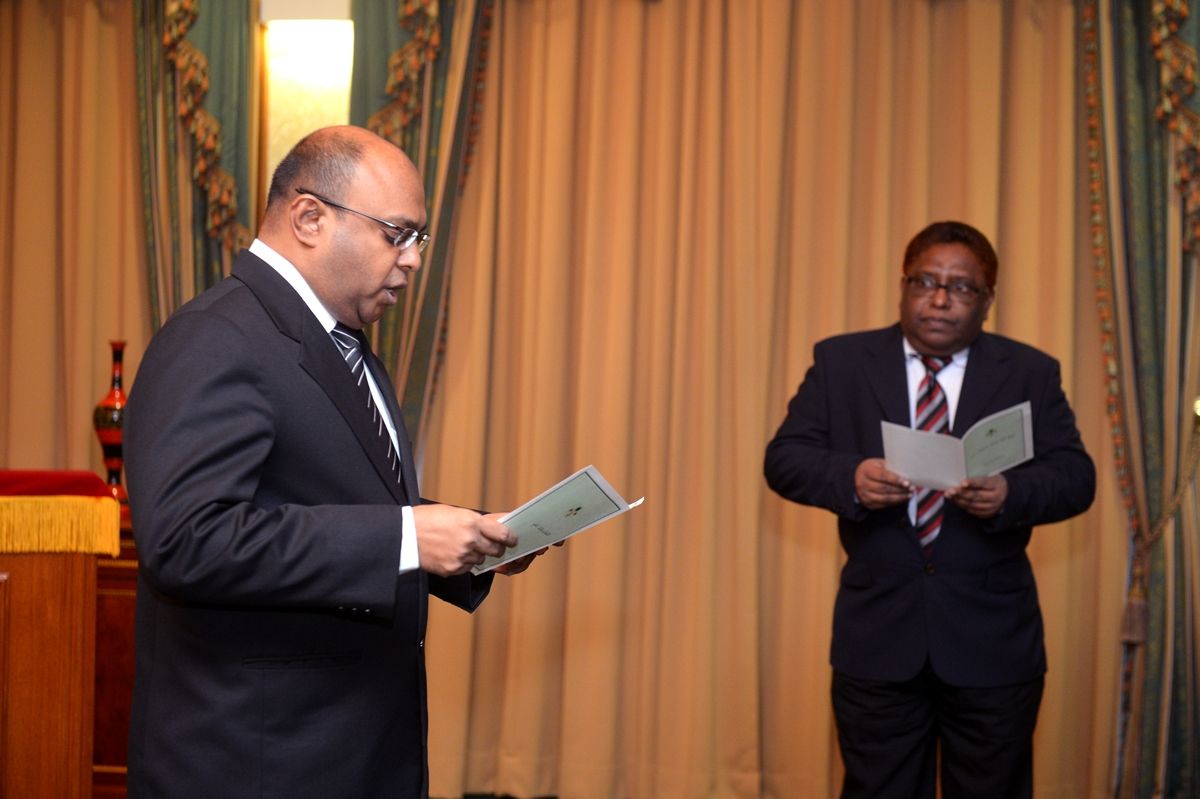Top Maldives judges found guilty of influencing official conduct
Chief Justice Abdulla Saeed and Justice Ali Hameed were accused of influencing judges. Their trial was held in secret but the sentencing hearing was open to the media and public.

10 May 2018, 09:00
The Maldives’ top two judges were Thursday found guilty of influencing official conduct and sentenced to one year, seven months and six days in prison.
Chief Justice Abdulla Saeed and Justice Ali Hameed were accused of influencing judges. Their trial was closed to the media and public and held in secret. Both had denied the charge.
The verdict had to be rescheduled after Hameed was rushed to hospital on Wednesday with breathing difficulties.
The basic sentence for the charge is nine months and 18 days, but Judge Hussain Shaheed ramped up the punishment.
Become a member
Get full access to our archive and personalise your experience.
Already a member?
Discussion
No comments yet. Be the first to share your thoughts!
No comments yet. Be the first to join the conversation!
Join the Conversation
Sign in to share your thoughts under an alias and take part in the discussion. Independent journalism thrives on open, respectful debate — your voice matters.




